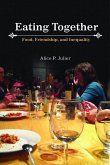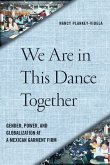Sitting at the intersection of border studies, immigration studies, and Latinx studies, this concise volume shows how Central American migrants in transit through Mexico survive the precarious and unpredictable road by forming different types of social ties, developing trust, and engaging in acts of solidarity. The accessible writing and detailed ethnographic narratives of different associations, ties, and groups that migrants form while in transit weave together theory with empirical observations to highlight and humanize the migrant experience.
Hinweis: Dieser Artikel kann nur an eine deutsche Lieferadresse ausgeliefert werden.
Hinweis: Dieser Artikel kann nur an eine deutsche Lieferadresse ausgeliefert werden.

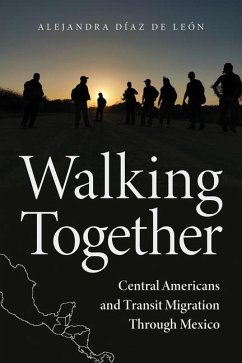

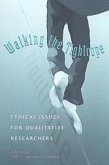
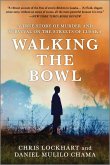
![Voyages of the Slavers St. John and Arms of Amsterdam, 1659, 1663 [microform]: Together With Additional Papers Illustrative of the Slave Trade Under t Voyages of the Slavers St. John and Arms of Amsterdam, 1659, 1663 [microform]: Together With Additional Papers Illustrative of the Slave Trade Under t](https://bilder.buecher.de/produkte/66/66137/66137867m.jpg)
